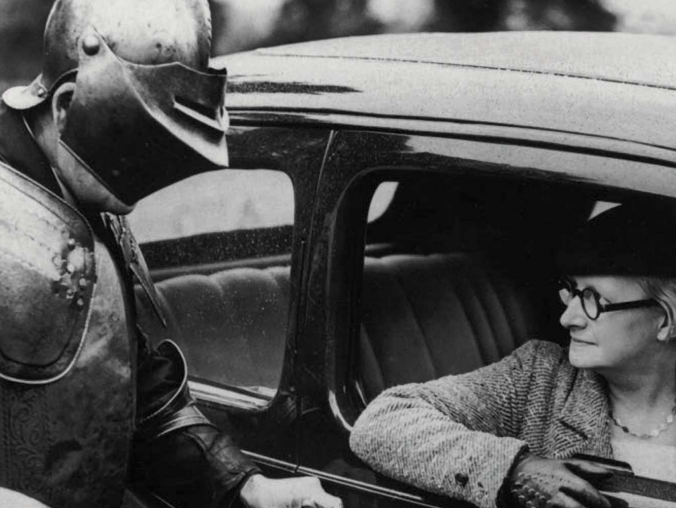

The financial impact of marrying in later life
For older people, avoiding tying the knot with a partner could have considerable implications for their finances
More than 300,000 people over the age of 65 choose to live with their other half, rather than marry or enter a civil partnership, despite the majority having been married previously, according to analysis by Royal London. However, this trend towards cohabiting over marriage means those 300,000 are likely missing out on the significant financial benefits that come with these legal declarations. So, what are the monetary benefits of formally uniting in later life?
1. No inheritance tax
Part or all of your wealth can be passed to your surviving spouse completely free of inheritance tax (IHT), whereas if you cohabit, you have no legal right to inheriting your partner’s assets. This means your spouse would have to pay the usual tax rate of 40% on any assets above the current ‘nil rate band’ (IHT allowance) of £325,000. This is particularly significant when it comes to property, with the rapid rise in house prices leaving many cohabiting individuals with a hefty tax bill following the passing of their partner.
2. Double inheritance tax allowance
Any unused portion of IHT allowance within the £325,000 nil rate band following death can be passed on to the surviving partner, which means your or your partner’s allowance could double, providing you’re married or in a civil partnership. So if your partner passed their estate to you using none of their £325,000 allowance, you could pass on untaxed assets worth £650,000. Current rules mean this applies to survivors of a marriage where the spouse died on or after 9 October 2007, and of civil partnerships where the spouse died on or after 5 December 2005.
3. Limit the tax you pay on transferred residences
A recently introduced residential nil rate band for IHT allowance means that upon your spouse’s death, and when a primary residence is passed on to a direct descendant, assets within the nil rate band can’t be taxed. Anyone married or in a civil partnership can transfer any unused portion of this to their spouse or partner, effectively doubling your or your partner’s allowance. The current allowance is worth £100,000, rising to £175,000 by the 2020/21 tax year, upon which it will be worth up to £350,000 for the surviving spouse or civil partner.
4. Transfer any unused personal allowance to your spouse
The new Marriage Allowance enables you to transfer up to £1,185 of your unused personal allowance to your spouse or civil partner. However, to qualify for the allowance, the lower earner must have an income of less than £11,850 and the higher earner must be a basic rate taxpayer with an income between £11,851 and £46,350, with both partners born on or after 6 April 1935.
5. Increase your pension
The old-style basic state pension rules, in many cases, mean beneficiaries, particularly women who paid the ‘married woman’s stamp’, don’t benefit from the full state pension. However, by using the National Insurance contribution of your deceased partner instead of your own, you may be able to increase your pension.
Depending on the date of birth of your spouse or civil partner, you may also be entitled to inherit between 50% and 100% of your deceased partner’s state earnings related pension (SERPS). New state pensions, built on the individual’s National Insurance record, as opposed to that of their partner, don’t offer inheritance rights up to the flat rate of £159.55 – however, for those who have accumulated a significant amount of SERPS, half of any amount of your partner’s pension in excess of £159.55, also known as the ‘protected payment’, can be inherited.
There may well be valid reasons that you and your partner have decided to live together over marrying or entering a civil partnership. If, however, it’s just not something that’s seemed particularly important either way, it’s worth considering the financial benefits of going from cohabitation to a legal unit.
More for you

Are you thinking about retirement early enough?
Having a plan for your retirement as early as possible can make things much easier for you further down the line
MORE
Is your pension protected?
While it’s rare for people to lose their pension, or get less than expected, if things go wrong, it’s good to know what protection is in place for your pot
MORE
How can risk affect your retirement?
Investing your money can be risky. But, it’s important to take some risk if you want your pot to grow and enjoy a comfortable retirement
MORE


